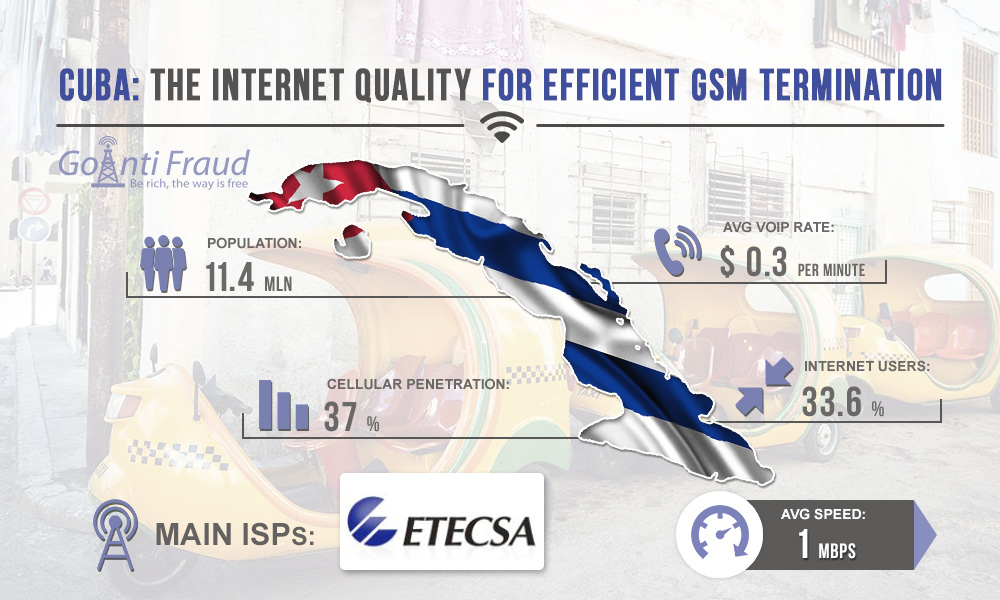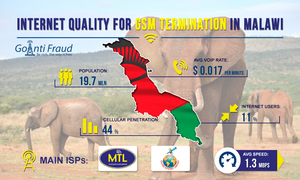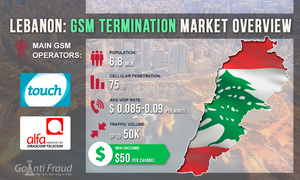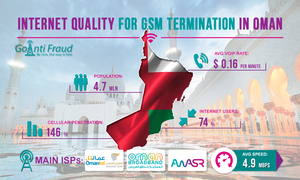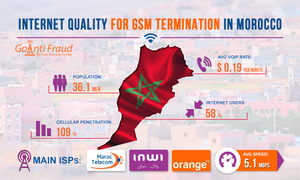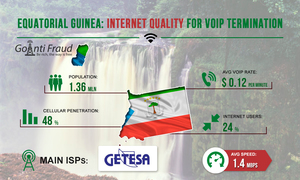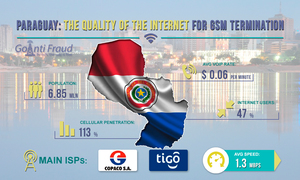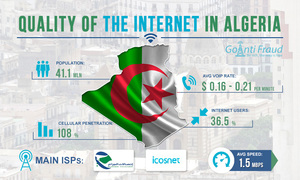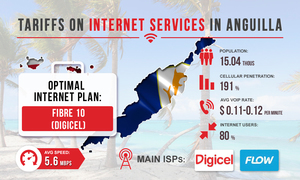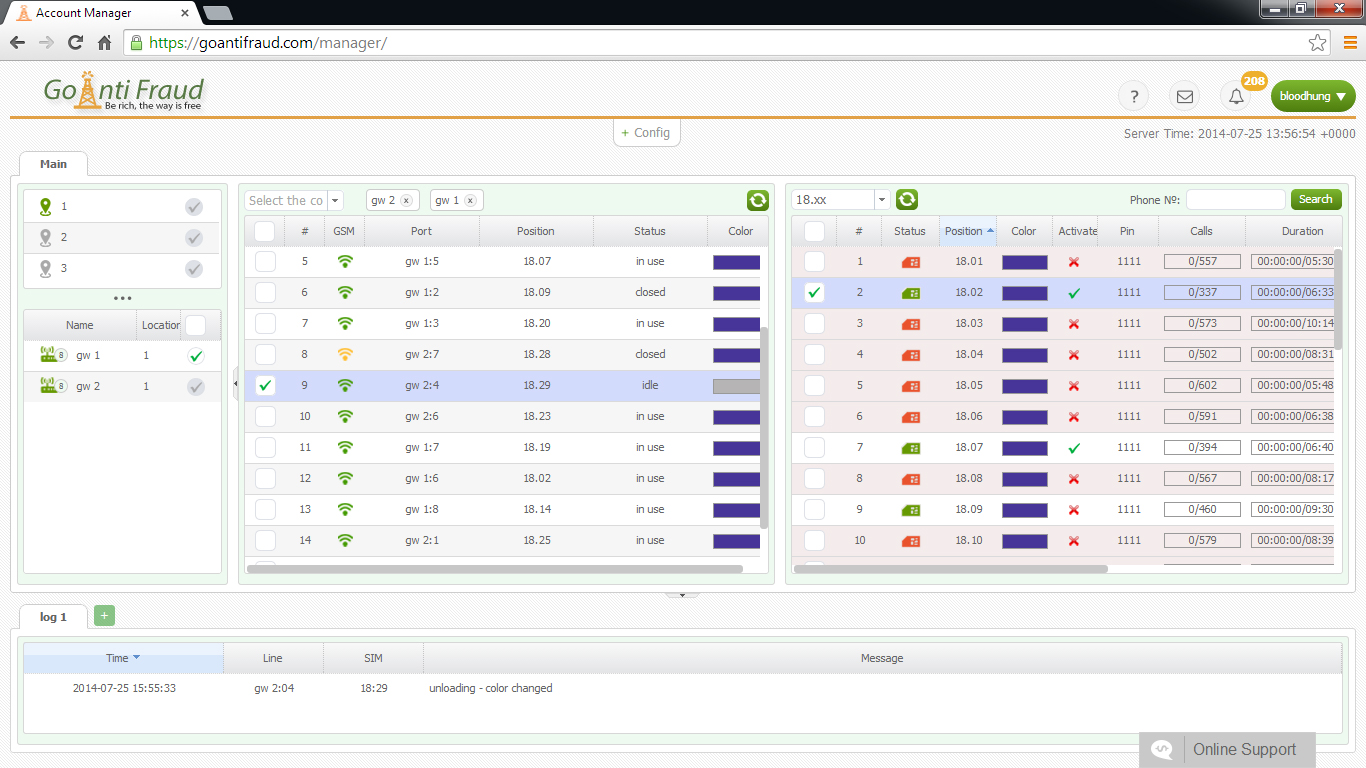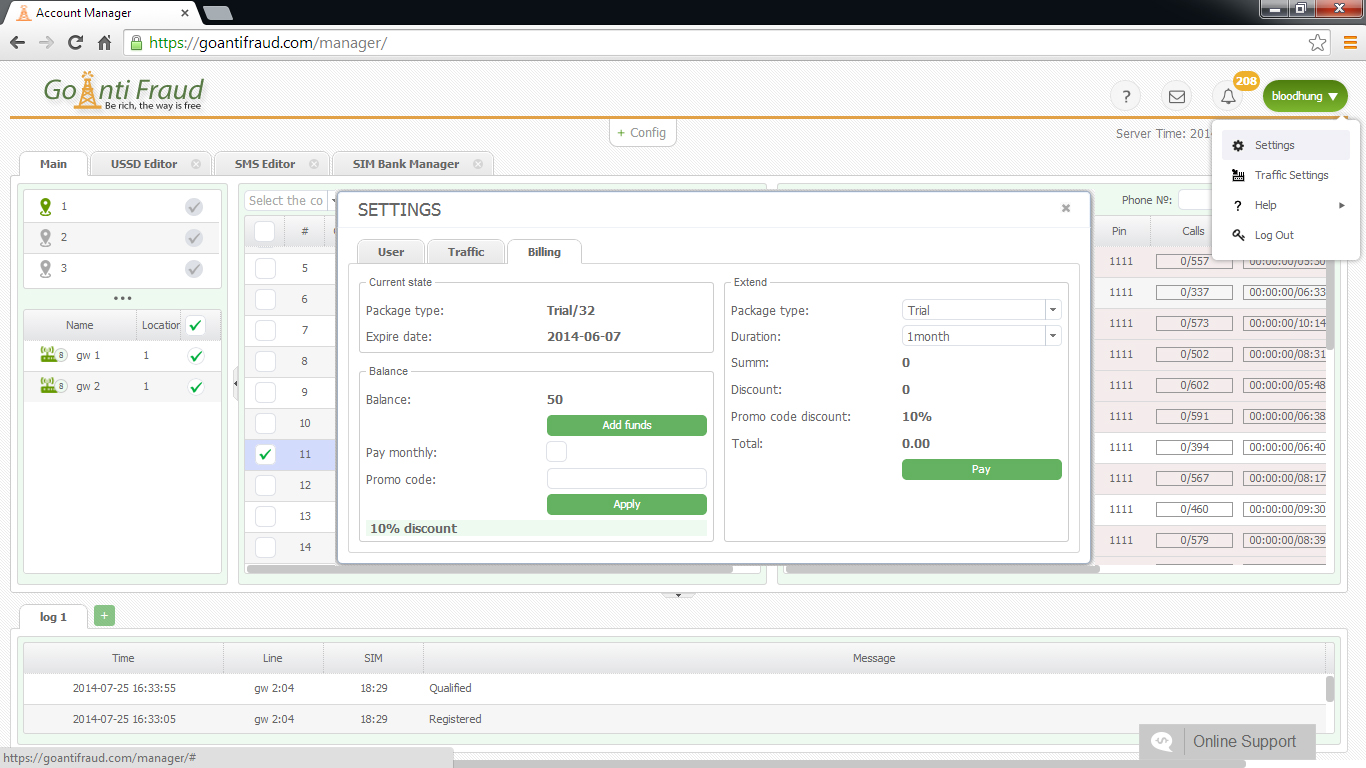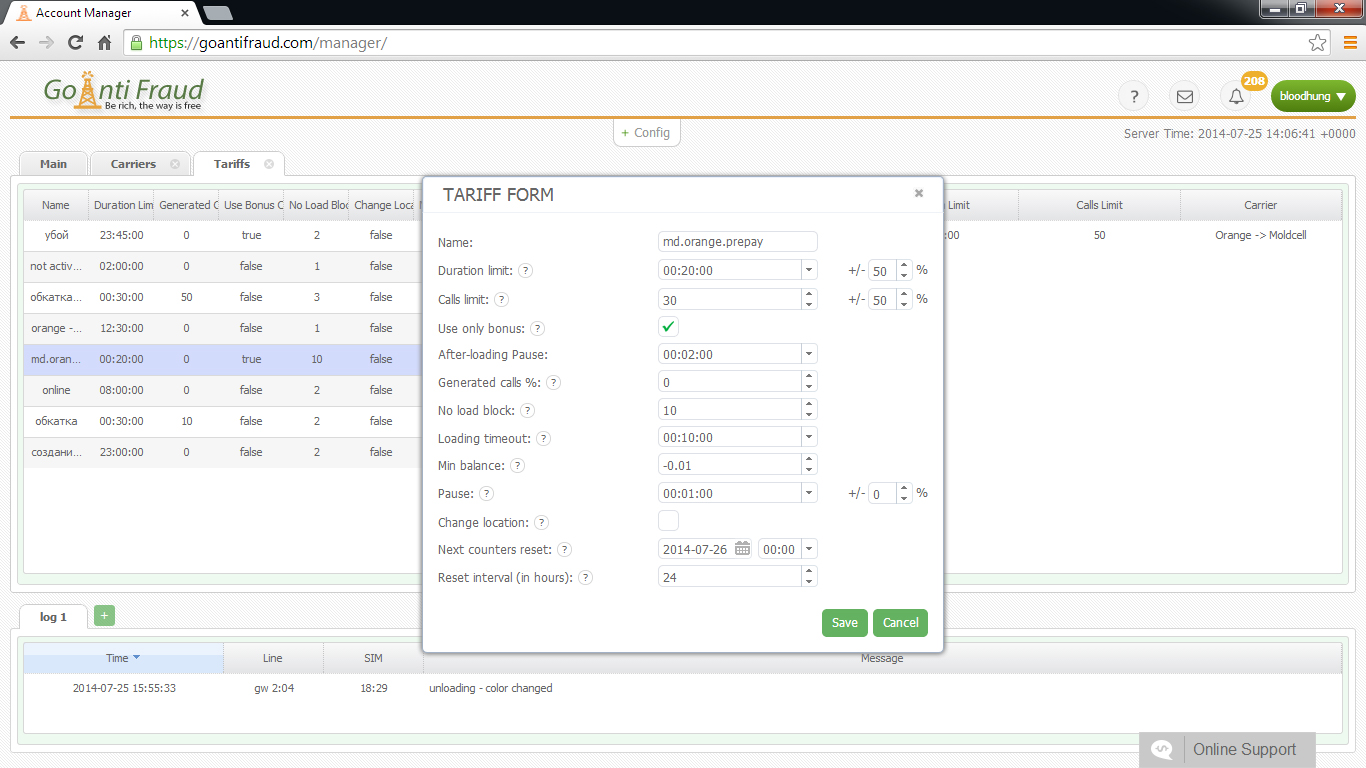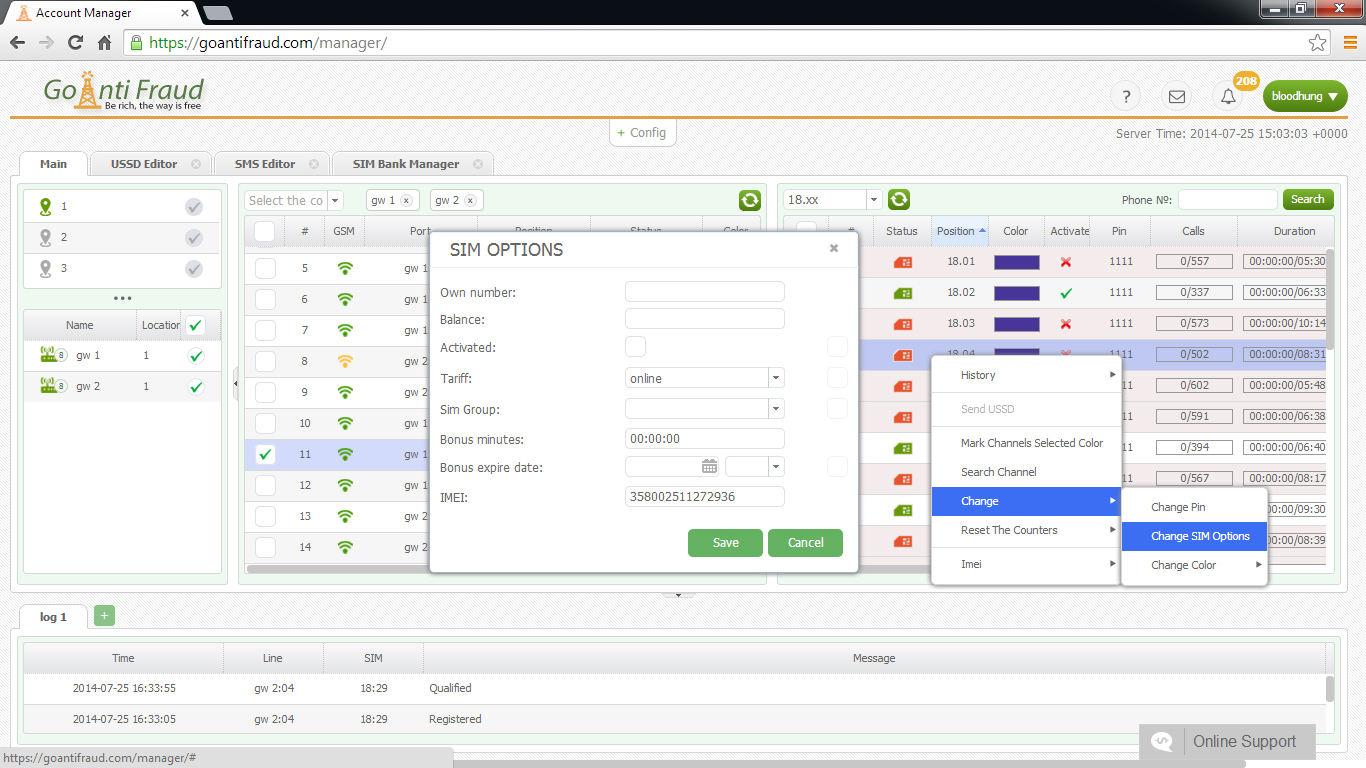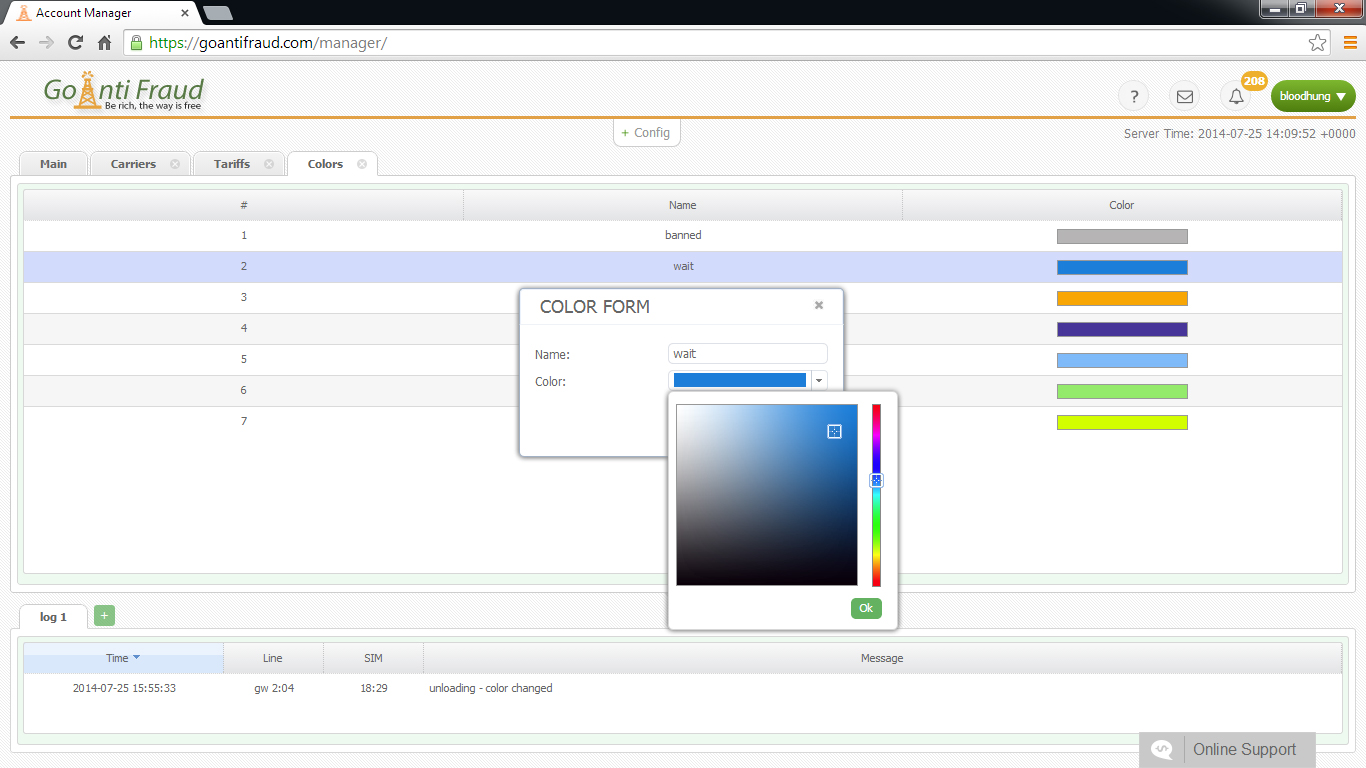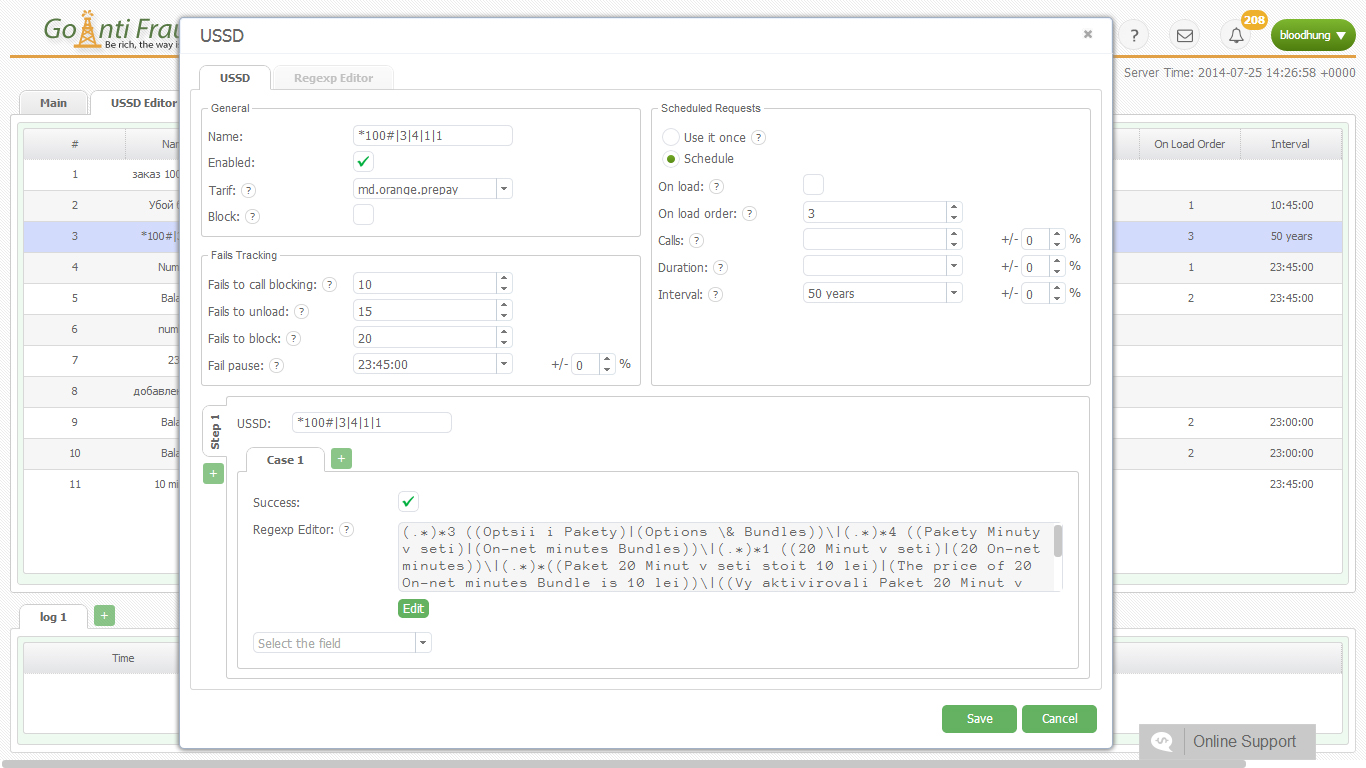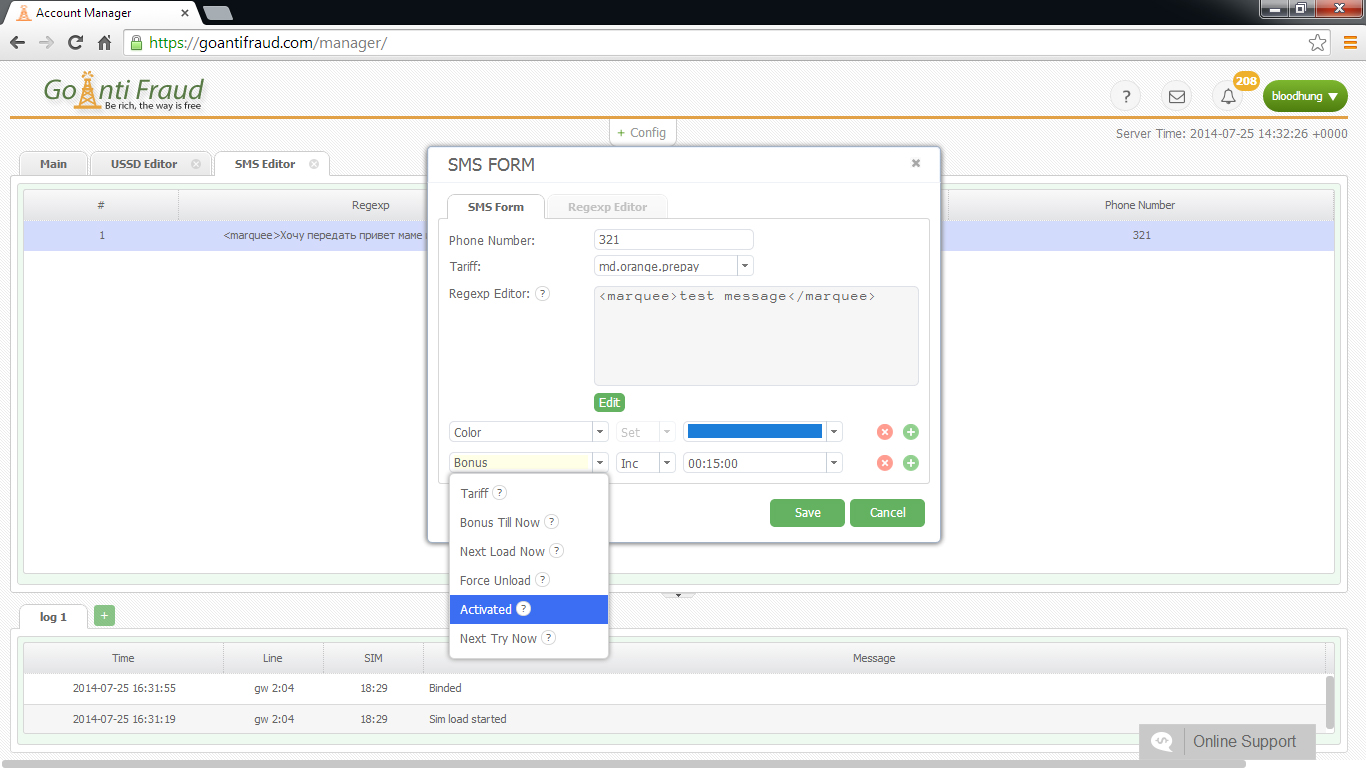In Cuba, there is strict state control over the telecommunications market, including the Internet services sector. At the same time, all communication sectors remain at a low level of development. In recent years, relations between Cuba and the US have somewhat thawed, prompting the government to improve access to the Internet. Since 2015, Wi-Fi hotspots have been installed in the country but the download speed is very slow and the access cost is quite high. In addition, this kind of Internet is unlikely to be suitable for terminating traffic.
Access to the Internet in Cuba is controlled by the state telecommunications company-monopolist ETESCA. The home Internet is very limited as it is represented mainly by DSL-access in the capital of the country - Havana. LTE networks were launched in Cuba in 2011; they operate on a card system and at slow speeds. At the same time, you can access the mobile Internet only in specially designated places, mainly in parks.

In 2014, access to the Internet was announced for Cubans at affordable prices. Nevertheless, the cost of services is currently about $180 per month. The average download speed varies from 150 Kbps to 1 Mbps. This speed can be enough for stable operation of a goip 4 channels voip gsm gateway but this is not enough for multi-channel equipment.
In Cuba, the Internet is under very tough censorship, with many websites blocked. On oreder to do termination in this country, you need to take care of reliable encryption of Internet traffic.

